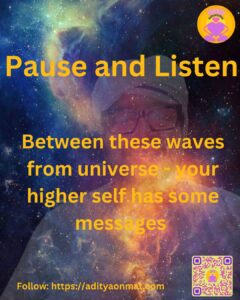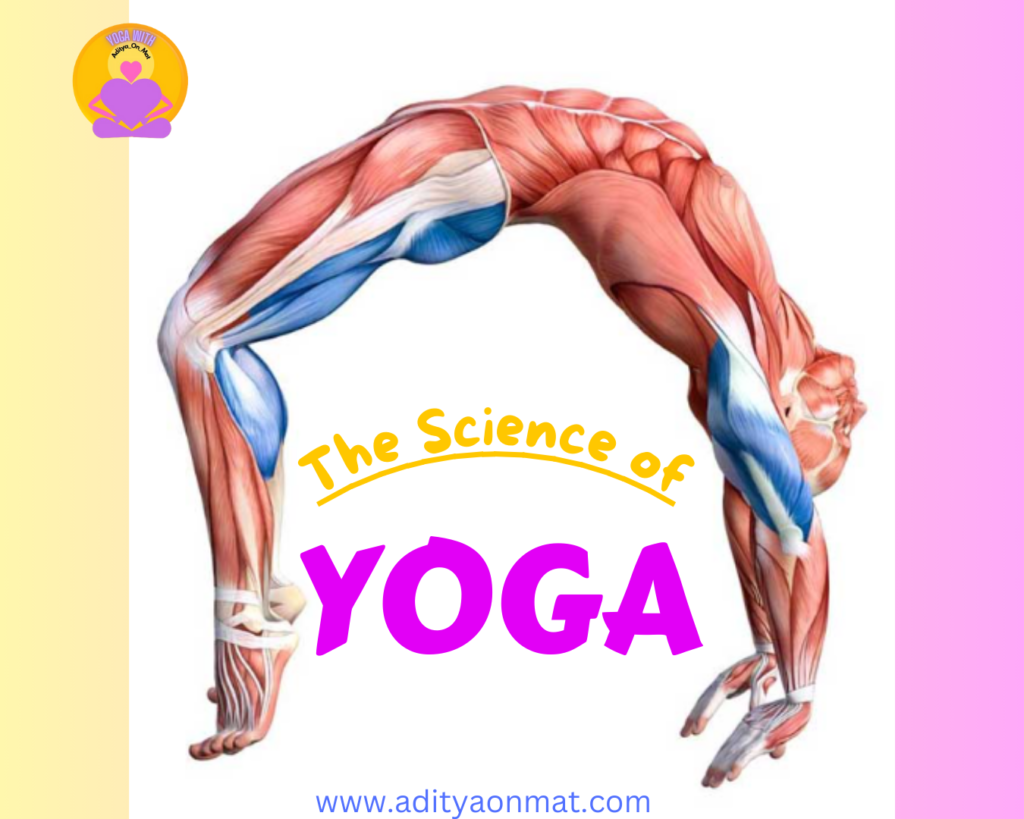
The Science of Yoga: Physical and Psychological Effects

In today’s busy world, many people are looking for peace of mind and wish to connect to their best selves. The science of yoga covers a deeper understanding of its physical and psychological effects on humans. We all have 6 doors to connect to the outside world: 2 eyes, 2 ears, and 2 nostrils. We interact with the world through these doors and kind of losing our full potential in these senses. Only upon mastering these senses can we connect to our conscious (higher) selves. Yoga is a special practice that connects the mind, body, and spirit. Rishikesh, in India, is considered to be the yoga capital of the world. In recent years, scientists around the world have discovered the potential of yoga for our quality of life. Let’s take a closer look at the science behind yoga and how it helps us feel better physically and mentally.
The Science of Yoga: physical Effects

- Improves flexibility and mobility:
- The physical effects of a series of asanas (poses), systematically stretch and elongate muscles. And yoga fosters a remarkable increase in flexibility and range of motion. The science of yoga studies explains how regular practice not only enhances joint flexibility, but also reduces stiffness. Thereby promoting greater ease of movement and preventing injury.

- Strength and muscle tone:
- The dynamic nature of yoga engages muscles throughout the body, leading to tangible improvements in strength and muscle tone. The research underscores yoga’s efficacy in enhancing muscle strength, particularly in the core, upper body, and lower body regions. Contributing to overall physical prowess and functional fitness.

- Balance and coordination:
- Balancing poses inherent in yoga sequences require heightened concentration and refined coordination. Which, over time, translate into improved balance and proprioception. The scientific aspect of yoga is particularly beneficial for older adults. It offers a potent antidote to the risk of falls and enhancing overall stability.
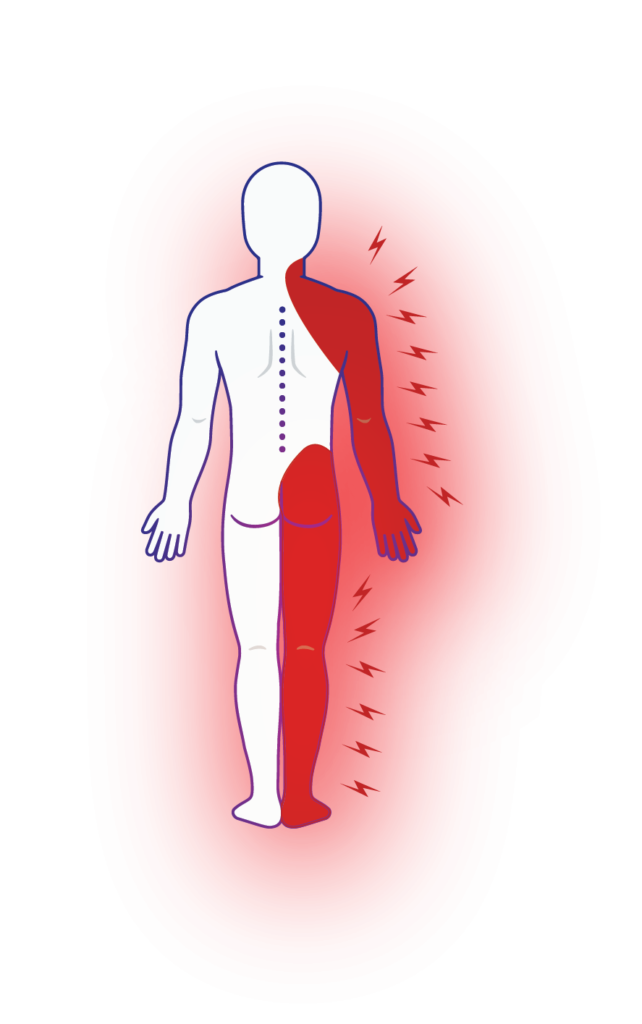
- Pain Management and Rehabilitation:
- The therapeutic potential of yoga extends to the realms of pain management and injury rehabilitation. Numerous studies have demonstrated yoga’s effectiveness in alleviating chronic pain conditions such as lower back pain, arthritis, and migraines. It also facilitating the healing process and restoring mobility in injured individuals.

- Cardiovascular Health:
- Certain yoga styles, characterized by dynamic sequences and flowing movements, effectively elevate heart rate and stimulate cardiovascular function. Yoga has elucidated yoga’s capacity to lower blood pressure, improve blood circulation, and mitigate the risk of heart disease. Thus positioning it as a holistic approach to heart health.
The Science of Yoga: psychological effects
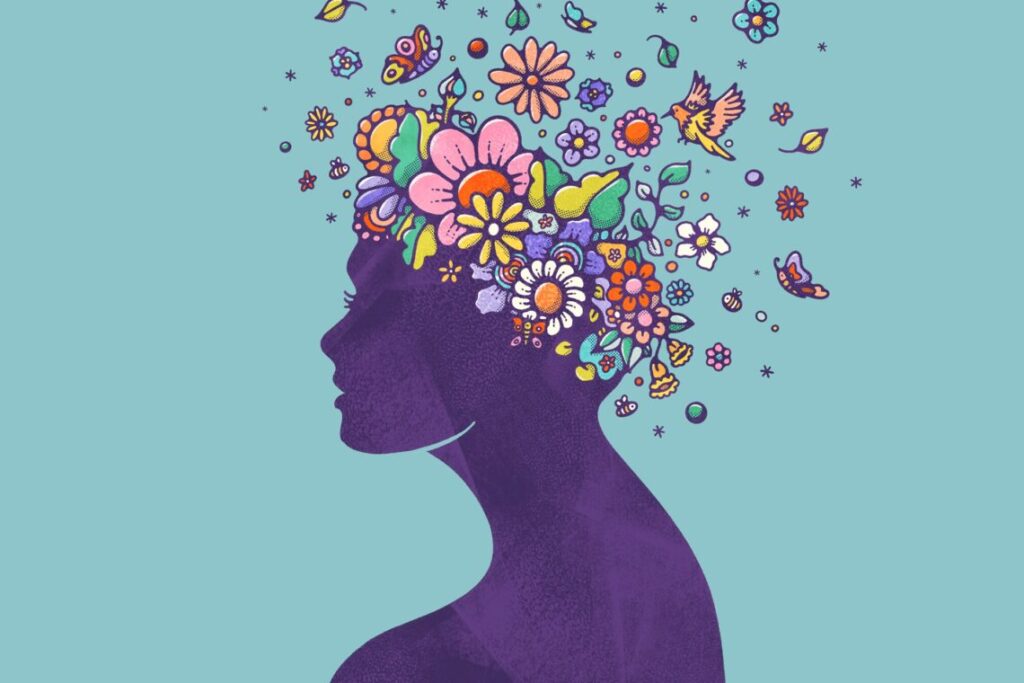
- Stress reduction and relaxation:
- Perhaps one of yoga’s most acclaimed benefits lies in its ability to induce a profound state of relaxation and alleviate stress. By integrating breath control (pranayama) and mindfulness techniques, yoga activates the body’s innate relaxation response, fostering a sense of tranquility and inner calm amidst life’s tumultuous currents.

- Mood Enhancement and Emotional Well-Being:
- Yoga serves as a potent elixir for the mind, offering solace to those grappling with anxiety, depression, and mood disorders. The science of yoga inquiry has shed light on its capacity to regulate the nervous system and modulate neurotransmitter activity, leading to enhanced mood, emotional resilience, and overall psychological well-being.
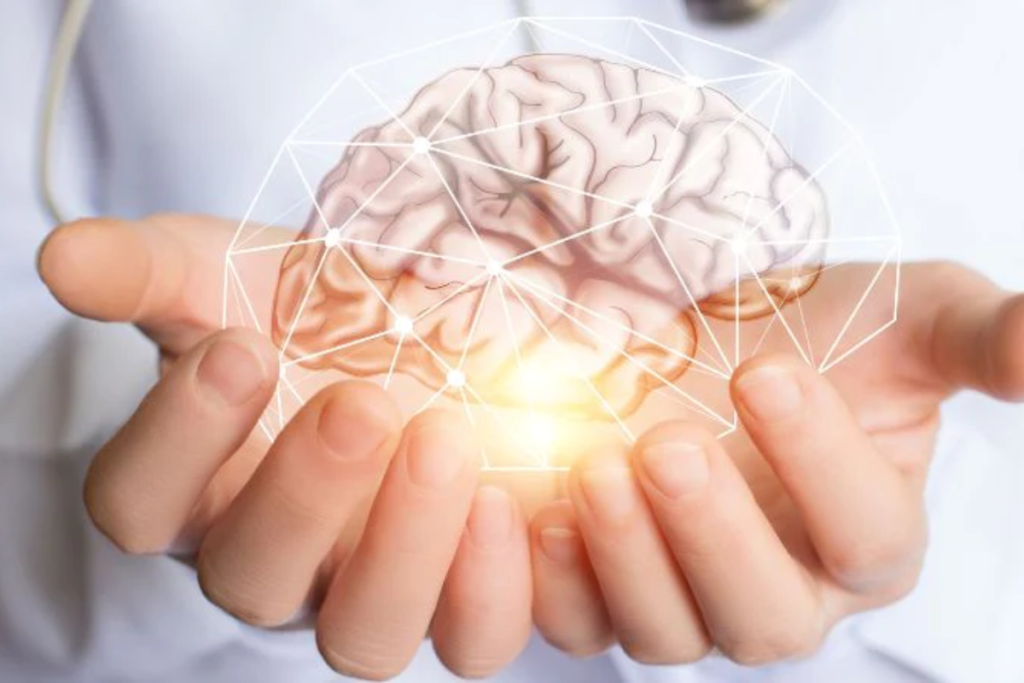
- Cognitive Function and Mental Clarity:
- The mindful movement inherent in yoga fosters heightened cognitive function and mental acuity. Through practices such as meditation and pranayama, yoga cultivates mental clarity, improves memory retention, and bolsters decision-making abilities, thereby sharpening the mind’s faculties and enhancing cognitive resilience.

- Sleep quality and insomnia relief:
- Yoga’s restorative practices offer a sanctuary for weary souls seeking reprieve from the relentless demands of modern life. By mitigating stress and calming the mind, yoga paves the way for restful sleep and insomnia relief. The science of yogic studies attests to its efficacy in improving sleep quality and fostering deeper, more rejuvenating sleep.

- Self-Awareness and Mindfulness:
- At its core, yoga serves as a sacred journey of self-discovery and self-realization. Through introspection and mindfulness, practitioners develop a profound awareness of their inner landscape, fostering a deeper connection to themselves and the world around them. By attuning to the body and breathing, yoga invites individuals to embrace the present moment with open arms and an open heart.
Conclusion:
To sum up, the science behind yoga clarifies the interconnectedness of the human body with a variety of emotions and the spiritual sense. The regular mindful practice of yoga can elevate strength in the body and control emotions. Once these two are in order, we focus on the inner and deeper realms and progress to connect to our consciousness. This is when a new journey begins, where one attains peace. I have personally experienced and would strongly advise that you embrace the science of yoga and embark on this journey of self-discovery and self-transformation.
Remember: Every experience differs from another, and every journey is new.
Join my Yoga classes, specifically designed to cater to your times and needs. Click HERE

